Welcome to the Frontier
This section of the course aims to develop the critical analysis and communication skills that characterize effective thinkers.
By visiting the forefront of the discipline, we'll get to grips with the open palaeontological controversies that are exercising current researchers, and enter the frontier territory where there are no "right answers"!
Objectives
You and your group will construct a "microsite" that presents both sides of a current palaeontological controversy, which you will present orally to your peers. [Rubric]
You will then write an essay that takes a particular side on a topic presented by one of your peers' microsites. [Rubric]
Your site must therefore provide its audience with a complete introduction to the subject, so that other students can appreciate the key arguments, and their main counter-arguments.
You will learn to engage critically with the primary literature as we address current controversies as a class. For each of these two subjects, an informal "primer" seminar will introduce key background concepts (week 1), before we split into groups to discuss a key paper at the centre of the controversy (week 2), then find and read further papers to debate one side of the argument (week 3).


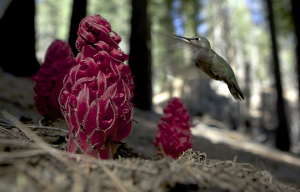 When did flowers evolve?
When did flowers evolve?
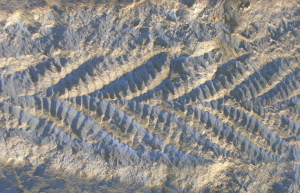 What did Rangeomorphs eat?
What did Rangeomorphs eat?
 Did oxygen allow life to get complex?
Did oxygen allow life to get complex?
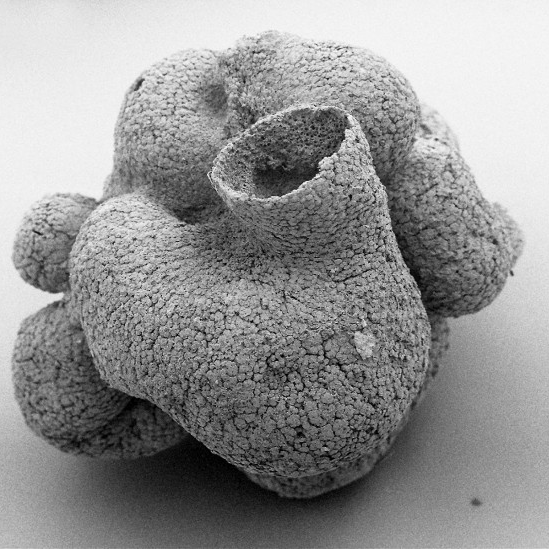 Were there Precambrian sponges?
Were there Precambrian sponges?
 Do chemical biomarkers reaveal non-fossilizable taxa?
Do chemical biomarkers reaveal non-fossilizable taxa?
 A late or early origin for eukaryotes?
A late or early origin for eukaryotes?
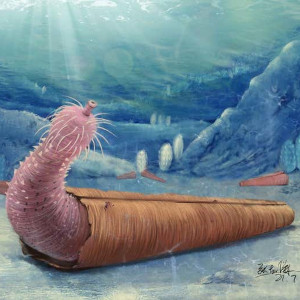 How ecologically "modern" was the Cambrian fauna?
How ecologically "modern" was the Cambrian fauna?
 Where are the Cambrian Bryozoans?
Where are the Cambrian Bryozoans?
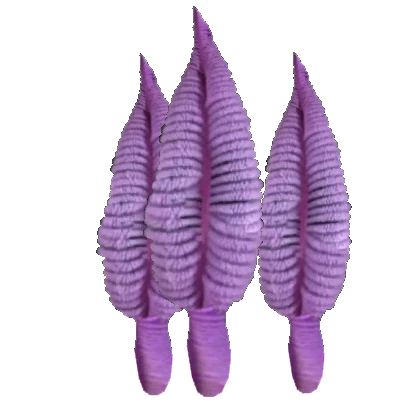 Did the "Ediacara biota" survive into the Cambrian?
Did the "Ediacara biota" survive into the Cambrian?
 Was it easy for life to colonize the land?
Was it easy for life to colonize the land?
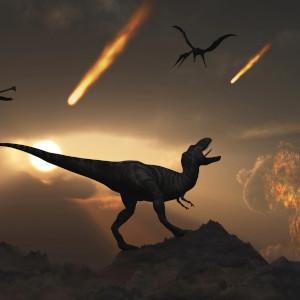 What really did in the dinosaurs?
What really did in the dinosaurs?
 Did humans or climate change extinguish the Pleistocene megafauna in the Sahul?
Did humans or climate change extinguish the Pleistocene megafauna in the Sahul?
 Does the fossil record tell us anything meaningful about biodiversity through time?
Does the fossil record tell us anything meaningful about biodiversity through time?
 Can the geological record constrain climate change?
Can the geological record constrain climate change?
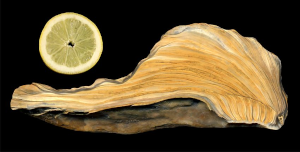 Was the “Mesozoic Marine Revolution” real?
Was the “Mesozoic Marine Revolution” real?
 Were mass extinctions fast or slow?
Were mass extinctions fast or slow?
 Are we in the midst of a "mass" extinction?
Are we in the midst of a "mass" extinction?
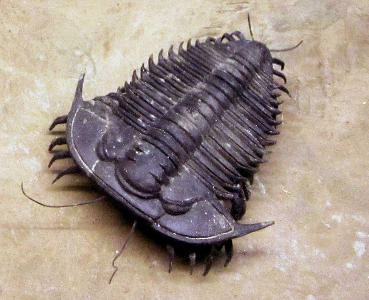 Do trilobites have a hidden history?
Do trilobites have a hidden history?
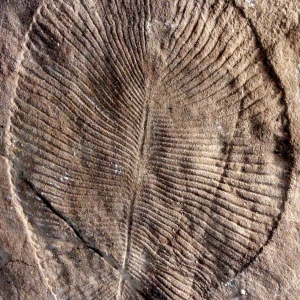 Is Dickinsonia an Ediacaran animal?
Is Dickinsonia an Ediacaran animal?
 How derived is Namacalathus?
How derived is Namacalathus?
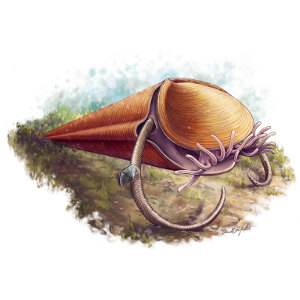 Hyoliths: Brachiopods or molluscs?
Hyoliths: Brachiopods or molluscs?
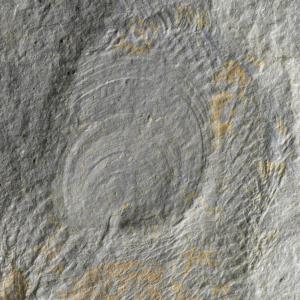 Halkieriids: Brachiopods or molluscs?
Halkieriids: Brachiopods or molluscs?
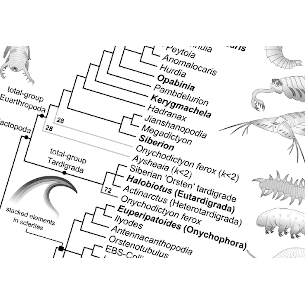 Is Linnean taxonomy obselete?
Is Linnean taxonomy obselete?
